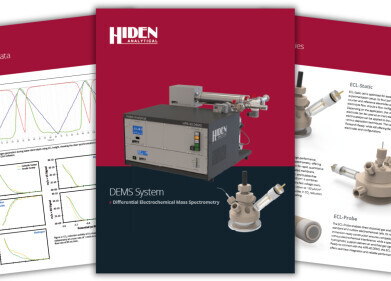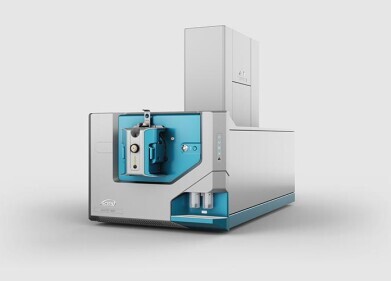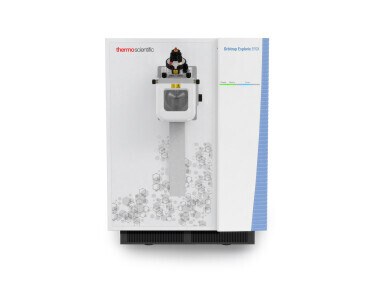Mass spectrometry & spectroscopy
How Can You Reduce the Risk of Dementia?
Aug 17 2017
Despite the best efforts of organisations like the Dementia Discovery Fund, a cure for disorders like Alzheimer’s is yet to be found. With around 850,000 Brits suffering from dementia and the number set to rise to 1 million by 2025, funding is more important than ever. But according to some experts, nine easy lifestyle changes are all that’s needed to reduce the risk of dementia.
The review was penned by the Lancet Commission on Dementia Prevention, Intervention and Care (LCDPIC), and pinpointed nine potentially modifiable risk factors linked to various forms of dementia. So what’s on the list? According to the LCDPIC all nine of the below play a role:
- Low levels of education
According to the researchers lack of secondary school education is responsible for 7.5% of the risk of developing dementia.
- Mid-life hearing loss
While the relationship between hearing loss and dementia is relatively new the team suspects that it could fast-track dementia by adding stress to an already vulnerable brain. Hearing loss could also heighten feelings of social isolation, and could account for over 9% of the risk of developing dementia.
- Physical inactivity
As well as maintaining a healthy body, LCDPIC researchers assert that lack of physical activity represents 2.6% of the risk of dementia onset.
- High blood pressure (hypertension), type 2 diabetes and obesity
Appearing to be interlinked, high blood pressure, type 2 diabetes and obesity contribute to almost 5% of the risk of developing dementia.
- Smoking
Wreaking havoc on the lungs and the brain, smoking appeared to contribute to 5.5% of the risk of dementia.
- Depression
While it's possible that depression increases the risk of dementia risk due to the overactivity of stress hormones, researchers were unable to confirm whether depression is a cause or a symptom of dementia. Regardless, they found that it was responsible for 4% of the risk factor.
- Social isolation
With a 2.3% risk factor, social isolation is thought to increase the risk of hypertension, heart conditions and depression.
As for reducing the risk of developing dementia? The NHS recommends taking a string of preventative measures and easy lifestyle changes. These include:
- The use of antihypertensive drugs like ACE inhibitors
- Embracing a Mediterranean diet based on vegetables, fruit, nuts, beans, cereal grains, olive oil and fish.
- Aiming to get at least 30 minutes of exercise a day
- Using cognitive interventions to actively improve memory, attention and reasoning skills.
- Maintaining an active social life by joining clubs and arranging activities.
Known to develop features of human ALS and dementia, it’s important that cyanotoxins like cylindrospermopsin are kept out of drinking water. For a closer look at how the EPA is monitoring its presence ‘Reduced Injection Volume Applied to the Quantitation of Cylindrospermopsin and Anatoxin-a in Drinking Water According to EPA Method 545’ is a must read article.
Digital Edition
Lab Asia Dec 2025
December 2025
Chromatography Articles- Cutting-edge sample preparation tools help laboratories to stay ahead of the curveMass Spectrometry & Spectroscopy Articles- Unlocking the complexity of metabolomics: Pushi...
View all digital editions
Events
Jan 21 2026 Tokyo, Japan
Jan 28 2026 Tokyo, Japan
Jan 29 2026 New Delhi, India
Feb 07 2026 Boston, MA, USA
Asia Pharma Expo/Asia Lab Expo
Feb 12 2026 Dhaka, Bangladesh
.jpg)


















